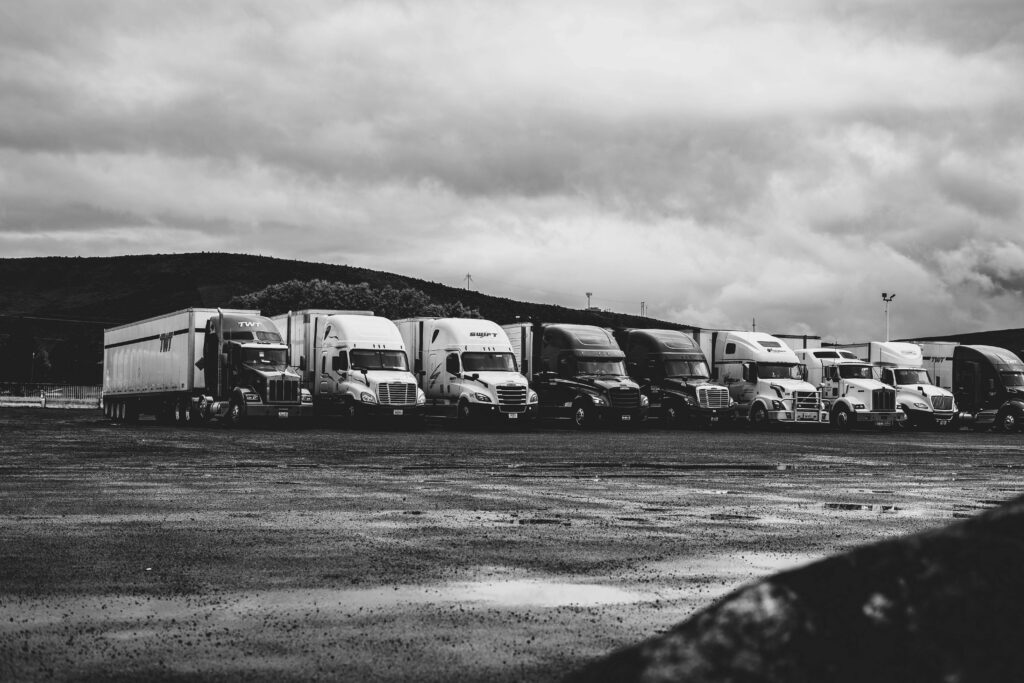
In the vast network of highways and byways that crisscross our nations, commercial trucks serve as the lifeblood of commerce, ferrying goods from coast to coast. However, beneath the surface of this bustling industry lies a pressing concern: labor shortages. Today, we’ll discuss trucking labor shortages and explore solutions for efficient commerce.
The Rising Demand for Trucking Services
As consumer preferences shift towards online shopping and e-commerce, the demand for trucking services has soared to unprecedented heights. From groceries to electronics, nearly every product we buy is transported across the country by trucks. This surge in demand has intensified pressure on trucking companies to deliver goods quickly and efficiently, worsening labor shortages.
Factors Contributing to Labor Shortages
Several factors have converged to create a perfect storm of labor shortages in the trucking industry. One significant factor is the aging workforce, with many seasoned drivers approaching retirement age. Additionally, long hours on the road and time away deter younger generations from trucking careers. Moreover, stringent regulations and licensing requirements further limit the pool of qualified drivers, exacerbating the shortage.

Implications for the Supply Chain
The ripple effects of trucking industry labor shortages extend far beyond the confines of the transportation sector. With fewer drivers available to transport goods, supply chain disruptions become increasingly common, leading to delays in deliveries and shortages on store shelves. This not only affects businesses’ bottom lines but also undermines consumer confidence and economic stability.
Exploring Potential Solutions
Addressing trucking industry labor shortages requires a multifaceted approach that addresses the root causes of the problem. Investing in workforce development programs is essential. It attracts and retains talent with incentives like competitive wages and benefits. Embracing technological innovations, such as autonomous vehicles, enhances efficiency.
Collaboration and Innovation
Ultimately, tackling trucking industry labor shortages necessitates collaboration and innovation across all sectors of the industry. By fostering partnerships between government agencies, educational institutions, and private enterprises, we can cultivate a skilled workforce equipped to meet the demands of the modern trucking landscape. Moreover, by embracing emerging technologies and adapting to changing market dynamics, we can navigate the road ahead with confidence and resilience.
In conclusion, trucking industry labor shortages pose significant challenges to the efficient movement of goods and the overall health of the economy. Addressing causes and embracing solutions can pave the way for a brighter future in the trucking industry. Together, let us chart a course towards a more sustainable and prosperous future on the open road.
